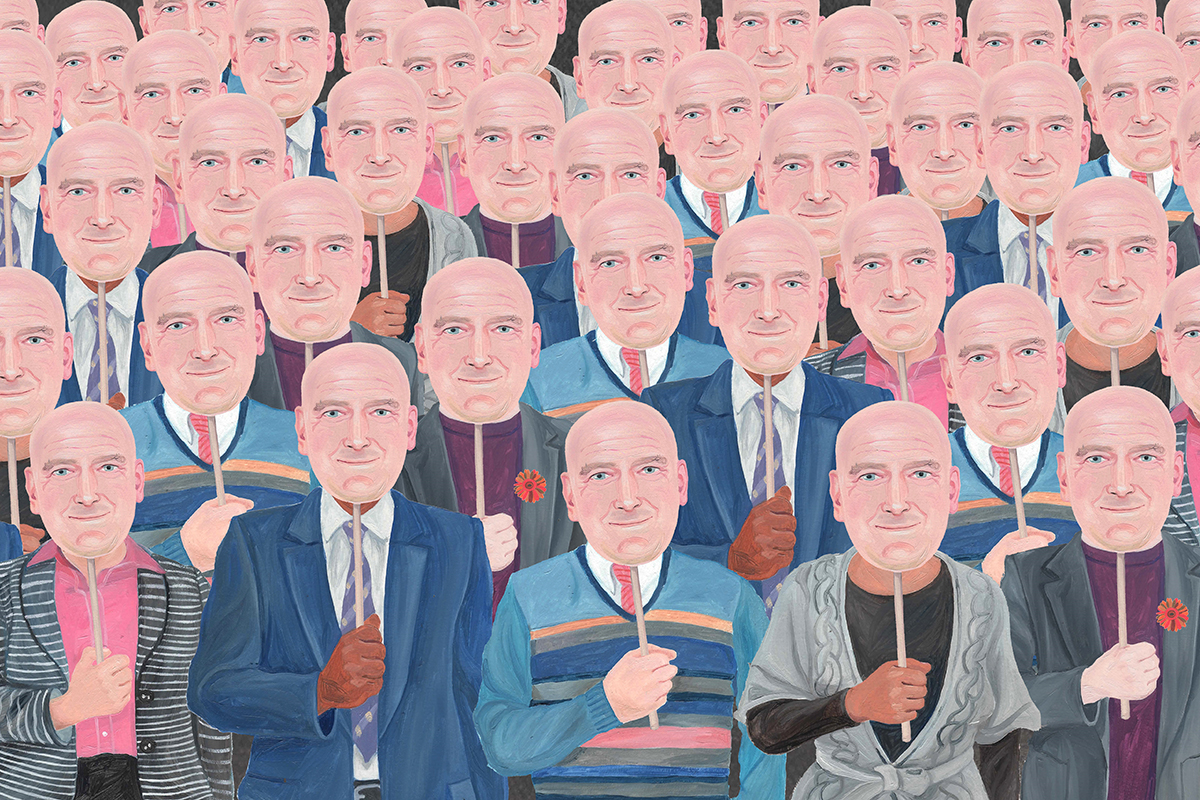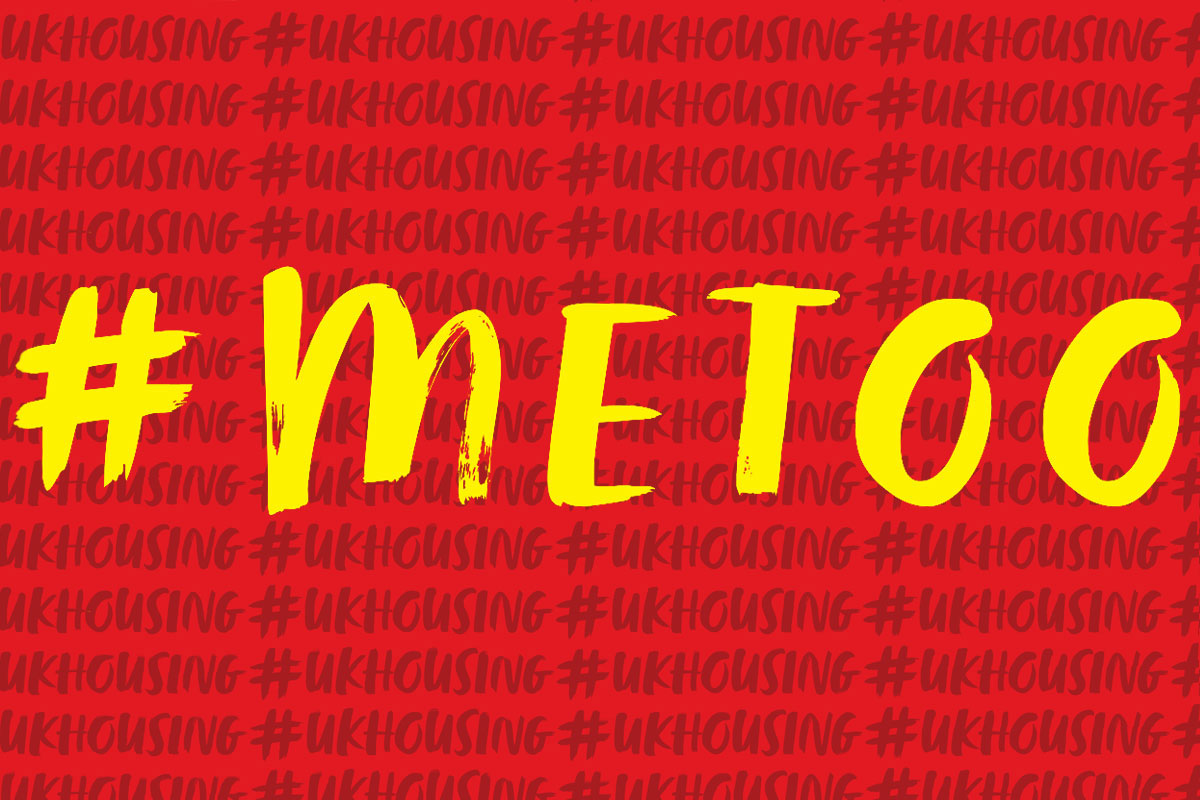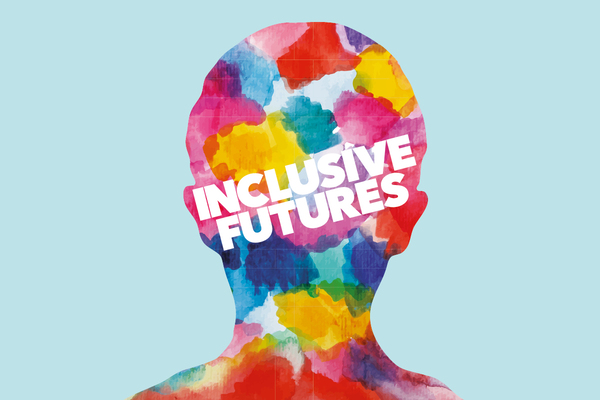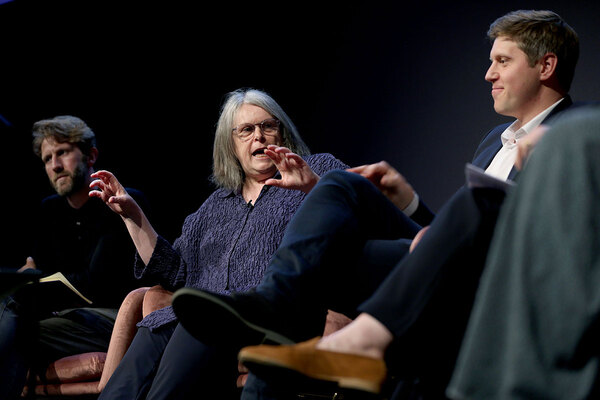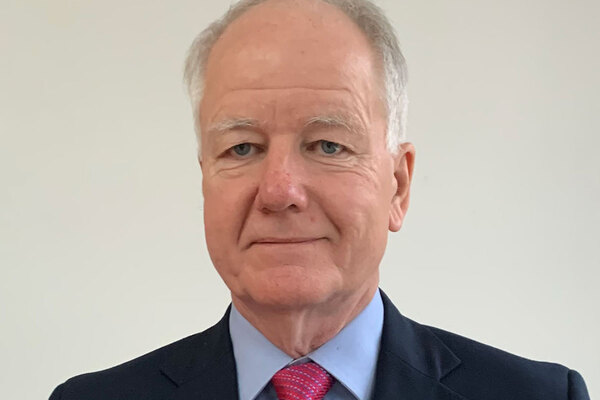You are viewing 1 of your 1 free articles
Discrimination stories make uncomfortable reading – but the sector must listen and act
Social landlords must deal with discrimination swiftly and effectively, writes Emma Maier
This year, Inside Housing’s Inclusive Futures campaign has explored the sector’s diversity challenge.
Our first major piece of research looking at the experiences of housing employees from under-represented groups is published today – and it starkly illustrates just why the campaign is needed.
The 225 housing professionals who took part revealed shocking examples of discrimination and abuse related to their age, religion, ethnicity, sexuality, disability, gender, or a combination.
The incidents reported were too numerous for us to cover them all, but we have tried to share a selection to uncover the range and scale of the problem.
“Respondents had been forced to leave their jobs and where they felt their career progression had been limited.”
They range from unreasonable demands and micromanagement designed to push older employees into retirement, to rumour-spreading to discredit colleagues from minority groups, lewd and crude remarks, disadvantaging pregnant employees and those with disabilities, and refusal to deal with housing professionals of a different nationality.
There were examples where respondents had been forced to leave their jobs and where they felt their career progression had been limited.
The examples we share make uncomfortable reading – but the sector has a duty to listen.
Many of the respondents had not felt able to share these experiences before or were not taken seriously when they blew the whistle.
Our intention is to validate their experiences.
There are two key themes arising from this work. Firstly, this is an ongoing issue: while some instances reported were historic, very many were recent.
Secondly, the problem runs throughout organisations at all levels: 48% reported that the incident they saw was carried out by a senior manager, 36% by a line manager and 34% by a resident.
Our recent #MeToo report on gender discrimination, based on the same piece of research, revealed that those affected by of witnessing discrimination often found that they were the only ones prepared to speak up, and that there was a reluctance to tackle incidents through official HR channels.
“The results of this work can’t be divorced from the lack of diversity at senior levels”
These themes demand action now, both from the top and personally by people working at all levels.
The results of this work can’t be divorced from the lack of diversity at senior levels in housing organisations as revealed in our audit of housing association leadership teams and boards earlier this year. The audit showed the disappointing slow rate of progress since our previous audit in 2016.
In recent months we have explored a whole range of inclusion initiatives and commitments. We have looked at the gender pay gap and the gender bonus gap. We have looked at the ‘Rooney Rule’, in which at least one BME candidate is always interviewed when recruiting, and why it matters, and published our inaugural BME Leaders List.
We have spoken to sector leaders about their efforts to embed LGBT-inclusive culture, create a diverse cohort of future leaders, and provide mentoring opportunities.
We have discussed the challenge of recruiting men into care roles and women into the trades.
We have followed the inclusion pledges of organisations including Homes England’s plans to tackle gender pay inequality and L&Q introducing the Rooney Rule. We have covered the work of City Hall and Leadership 2025 to promote diversity, and calls on landlords to sign up to our own Inclusive Futures pledges.
All of this work is important and must continue. But none of it will succeed unless landlords start by taking discrimination and abuse complaints seriously and dealing with them swiftly and effectively.
Emma Maier, editor, Inside Housing
Inclusive Futures
Inside Housing’s Inclusive Futures campaign aims to promote and celebrate diversity and inclusion.
We are pledging to publish diversity audits of our own coverage.
We are also committed to proactively promoting positive role models.
We will do this through the pages of Inside Housing. But we will also seek to support other publications and events organisations to be more inclusive.
Our Inclusive Futures Bureau will provide a database of speakers and commentators from all backgrounds, for use by all media organisations.
We are also challenging readers to take five clear steps to promote diversity, informed by the Chartered Institute of Housing’s diversity commission and the Leadership 2025 project.
THE INCLUSIVE FUTURES CHALLENGE
Inside Housing calls on organisations to sign up to an inclusive future by taking five steps:
Prioritise diversity and inclusion at the top: commitment and persistence from chief executives, directors and chairs in setting goals and monitoring progress.
Collect data on the diversity of your board, leadership and total workforce and publish annually with your annual report. Consider gender, ethnicity, disability, sexuality, age, and representation of tenants on the board.
Set aspirational targets for recruitment to the executive team, board and committees from under-represented groups.
Challenge recruiting staff and agencies to ensure that all shortlists include candidates from under-represented groups.
Make diversity and inclusion a core theme in your talent management strategy to ensure you support people from under-represented groups to progress their careers.
INSIDE HOUSING’S PLEDGES
We will take proactive steps to promote positive role models from under-represented groups and provide information to support change.
We pledge to:
Publish diversity audits: We will audit the diversity of the commentators we feature. We will formalise this process and publish the results for future audits twice a year.
Promote role models: We will work to highlight leading lights from specific under-represented groups, starting in early 2018 with our new BME Leaders List.
Launch Inclusive Futures Bureau: We will work with the sector to compile a database of speakers, commentators and experts from under-represented groups. The bureau will be available to events organisers, media outlets and publications to support them to better represent the talent in the sector.
Take forward the Women in Housing Awards: Inside Housing has taken on these successful awards and will work to grow and develop them.
Convene Inclusive Futures Summit: Our new high-level event will support organisations to develop and implement strategies to become more diverse and inclusive.



